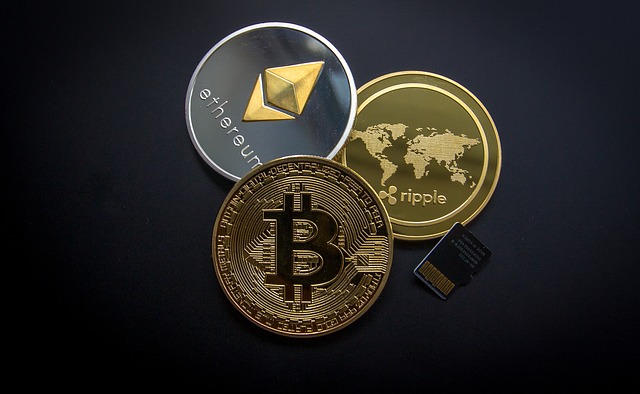
At least, that’s the claim at the heart of a recently-filed lawsuit in California Superior Court in San Francisco against Ripple Labs Inc, its CEO Brad Garlinghouse, and the company’s subsidiary XRP II.
Taylor-Copeland Law, a firm focused on blockchain and crypto litigation and the one that issued the lawsuit on behalf of Ryan Coffee and other Ripple investors, is seeking unspecified damages for its clients, as well as a declaration that Ripple Labs as the creator of XRP-the world’s third-largest cryptocurrency with a current market cap of nearly $590 billion – alongside CEO Bradley Garlinghouse – raised hundreds of millions of dollars by breaking state and federal securities laws and purposefully misled investors by selling unregistered securities to the public in “what is essentially a never-ending initial coin offering.”
The plaintiffs’ argument consists basically in the fact that Ripple tried to make investors think public demand for XRP ; which it should be noted, can be traded and it’s not “mined”, was increasing organically when it wasn’t. In fact, out of a total of 100 billion XRPs (the crypto’s coded limit) created in 2013, Ripple’s actual total supply is only issued out at less than 40 percent. In other words, currently, there are around 38 billion coins in circulation. The remaining amount (minus the 23% of the XRP tokens collectively retained by the current and former Ripple CEOs) is held by Ripple Labs which as a company and unlike a lot of decentralized cryptocurrencies, plays a massive part in distributing XRP whenever and however they so wish. That said, it’s worth noting that Ripple has stated their supply is huge because their objective is to be introduced to the mainstream banking waters. If you factor in a mass XRP adoption scenario and the fact that Swift currently handles approximately $5 Trillion per day, even if all 100 billion XRP were available at adoption, there wouldn’t be enough to fill the need of the banks when it comes to using the digital currency to transfer from fiat to fiat.
The plaintiffs also argue in their lawsuit that all signs point to XRP being a security and that the defendants “themselves have recognized that XRP investors have a reasonable expectation of profit, and publicly touted XRP’s price performance on numerous occasions.”
If XRP is a security, Ripple’s actions violate US Securities and Exchange Commission laws that require companies to disclose certain information to investors, including potential risks in investing, the plaintiffs assert.
Coffee reportedly purchased 650 XRPs for $2.60 each at the beginning of this year and sold them weeks later for around $1.70 each, or at a roughly 32% loss. The price of a single Ripple is currently trading around the $0.80 to $0.82 range. The crypto was close to $2.75 per unit on January 2, 2018.
Ripple, meanwhile, seems to be taking a measured approach on the hotly debated issue (Gary Gensler, the former CFTC head was quoted as saying recently that Ethereum’s Ether and Ripple’s XRP could probably be classified as securities) of whether XRP should qualify as a security, stating in an email to Bloomberg:
“We’ve seen the lawyer’s tweet about a recently filed lawsuit but have not been served. Like any civil proceeding, we’ll assess the merit or lack of merit to the allegations at the appropriate time. Whether or not XRP is a security is for the SEC to decide. We continue to believe XRP should not be classified as a security.”
References: Bloomberg, Futurism
- Bulenox: Get 45% to 91% OFF ... Use Discount Code: UNO
- Risk Our Money Not Yours | Get 50% to 90% OFF ... Use Discount Code: MMBVBKSM
Disclaimer: This page contains affiliate links. If you choose to make a purchase after clicking a link, we may receive a commission at no additional cost to you. Thank you for your support!

Leave a Reply